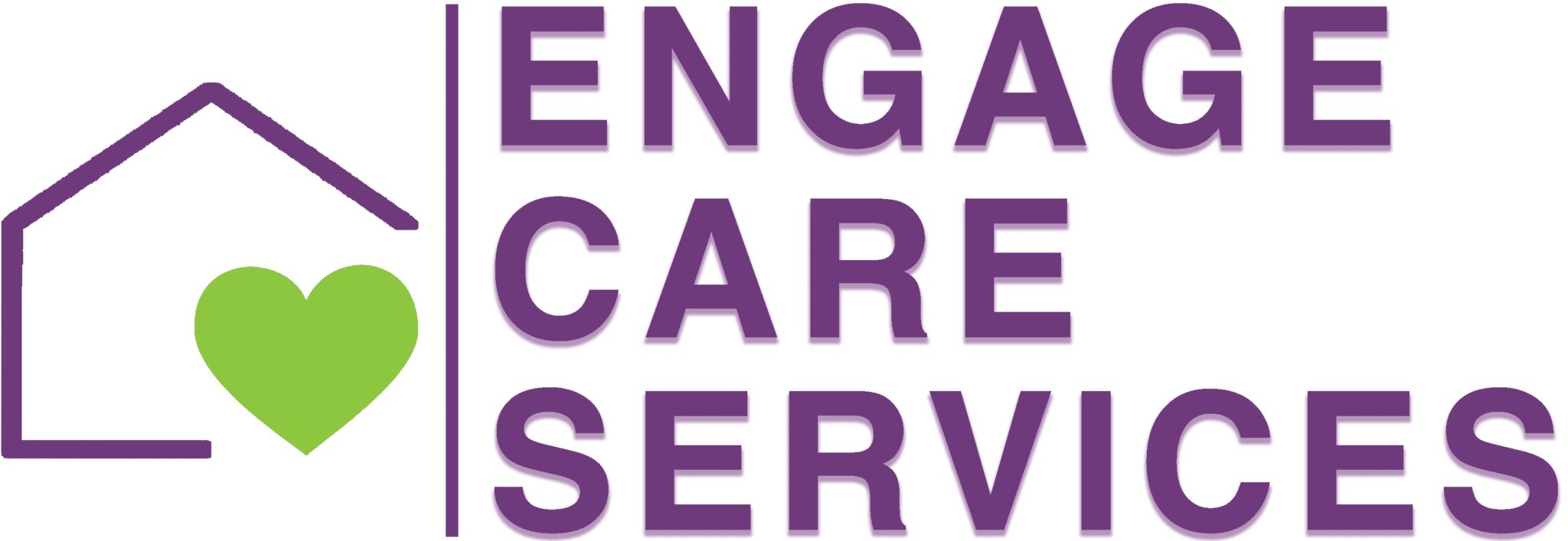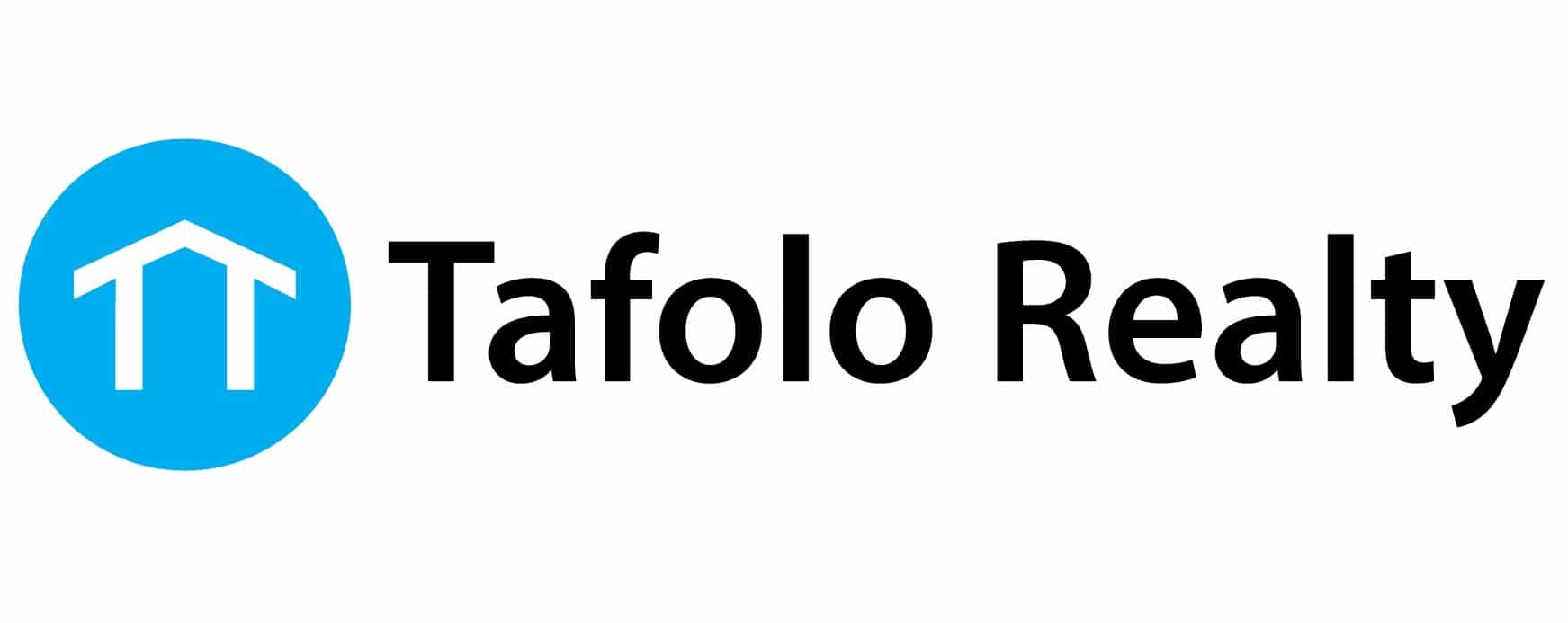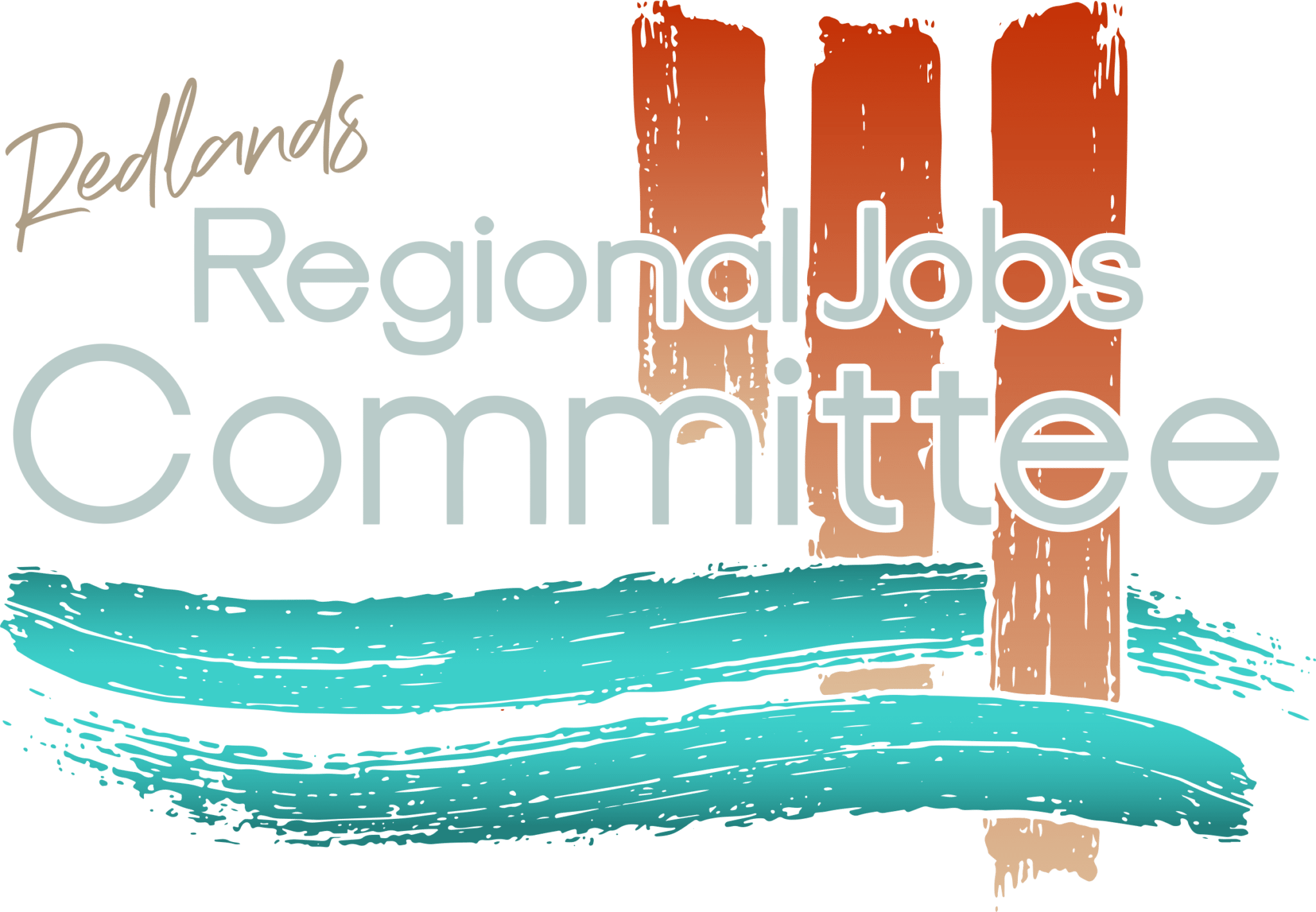As a young person, the skills learnt in school and sports can be incredibly valuable and applicable in the workplace. While it may not be obvious, the skills developed in these areas can be transferred to various job settings and can be a valuable asset to any team. In this blog, we will explore key skills young people learn in school and sports and how they can be used to excel in the workforce.
Time Management
Time management is a critical skill learnt in both school and sports. Whether juggling homework, exams, extracurricular activities or balancing practice, games, and social commitments, young people learn to prioritise time and manage their schedule effectively. This skill is highly transferable to the workplace, where people need to meet deadlines, manage projects, and balance competing priorities. In the workforce, young people can use the time management skills learnt in school and sports to stay organised, set realistic goals, and make the most of their time.
Communication
Communication is another skill developed in school and sports. Whether giving presentations, participating in group projects, or working as part of a team in sports, young people learn to communicate effectively with others. This skill is essential in the workplace, where people must communicate with colleagues, clients, and stakeholders. When young people apply for a role, they can highlight the communication skills they learned in school and sports to help set them apart from other candidates.
Leadership
Leadership is a skill that can be developed in both school and sports. Whether leading a group project, captaining a sports team, or serving as a student council representative, young people learn to take charge and inspire others. This skill is valuable in the workplace, where people may need to lead a team, manage a project, or take on a leadership role. Leadership is a transferable skill, and showcasing this is something young people should include when applying for a job opportunity.
Problem Solving
Problem solving is another key skill that is developed through school and sports. Whether working on a difficult math problem or trying to figure out the best way to approach a challenging opponent, young people learn to think creatively and find solutions to complex problems. This skill is highly transferable to the workplace, where young people need to solve problems, make decisions, and think critically. When writing a job application, include problem-solving skills and showcase examples learned in school and sports.
Teamwork
Finally, teamwork is a skill learnt in school and sports. Whether working on a group project or playing on a sports team, young people learn to collaborate with others, support teammates, and work towards a common goal. This skill is essential in the workplace, where everyone needs to work together to achieve shared objectives. Teamwork is a highly desirable skill in the workforce and is a skill that young people learn and can demonstrate as part of a job application process.
In conclusion, the skills learnt in school and sports are highly valuable and transferable to the workplace. Young people can showcase these transferable skills of time management, communication, leadership, problem-solving, and teamwork to demonstrate their own individual skills when applying for their first job or next job as they progress in their careers.
For more helpful resources on school-to-work transition, check it out here.



































